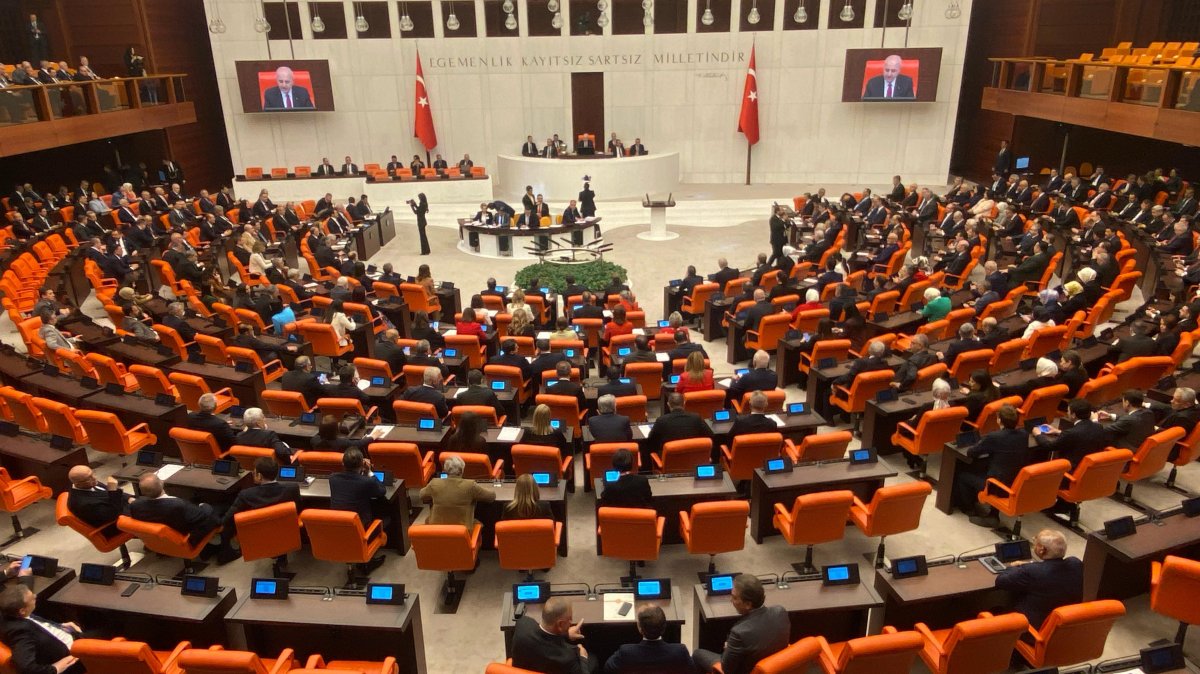A parliamentary committee on violence and discrimination against women wrapped up its work and presented a report with suggestions to resolve the matter plaguing the country. The committee’s report includes dozens of proposals, including enacting new laws, particularly on mental health.
Every year, dozens of women are killed by their spouses, while more are subject to domestic violence across the country. Well-publicized killings of women by their current or ex-husbands or boyfriends drove the parliament to establish a committee to look into the matter.
The report made public on Saturday emphasized the need for regulations allowing judges to refer couples to marriage counseling, family therapy or divorce counseling during divorce proceedings, provided the judge retains discretion based on the specifics of the case, including the presence of domestic or gender-based violence. It also called for the enactment of a Mental Health Professions Law to ensure the provision of professional mental health services for both victims and perpetrators of violence.
The report underlined the importance of institutions and organizations systematically reviewing and improving their service models, policies, methods and strategies in the fight against gender-based violence and discrimination. It recommended adopting a “case management approach” for every instance of violence or discrimination against women and children. Cases should be handled using a “Supervised Case Management Model” involving a team of case managers under the oversight of a supervisor to ensure consistent, coordinated support.
The report also noted the need to strengthen the evidence base and inter-agency coordination to inform policies addressing violence and discrimination against women. It proposed the development of early warning systems using artificial intelligence and big data analytics to identify situations that carry a risk of violence.
Highlighting the importance of tailored recommendations for both traditional and digital media, the report stressed the need for content creators in digital media to adopt a “woman-friendly perspective.” It called on news programs to avoid headlines and visuals that normalize or promote violence, and to present incidents not with a sensationalist tone, but with an informative and solution-oriented approach. The report recommended updating the Radio and Television Supreme Council’s (RTÜK) broadcast guidelines for coverage during terrorism, disasters and emergencies, and emphasized that such coverage should prioritize the best interests of women. It also called for prohibiting the use of women’s identities and faces in footage, even in the background, without their consent.
To increase women’s participation in the workforce, the report highlighted the need for policies that support work-life balance, secure and flexible employment, and fair sharing of family responsibilities between spouses. It recommended extending paternal leave to facilitate emotional bonding with newborns and stated that, “Maternity and nursing leave should be adequate and encouraging for women.” To prevent women from leaving the workforce during the critical early childhood years (especially from birth to the age of 2), the report called for broader implementation of flexible working models that preserve women’s financial and social rights. It also advocated extending paid leave for all workers, in line with practices in many EU countries.



















































Be First to Comment